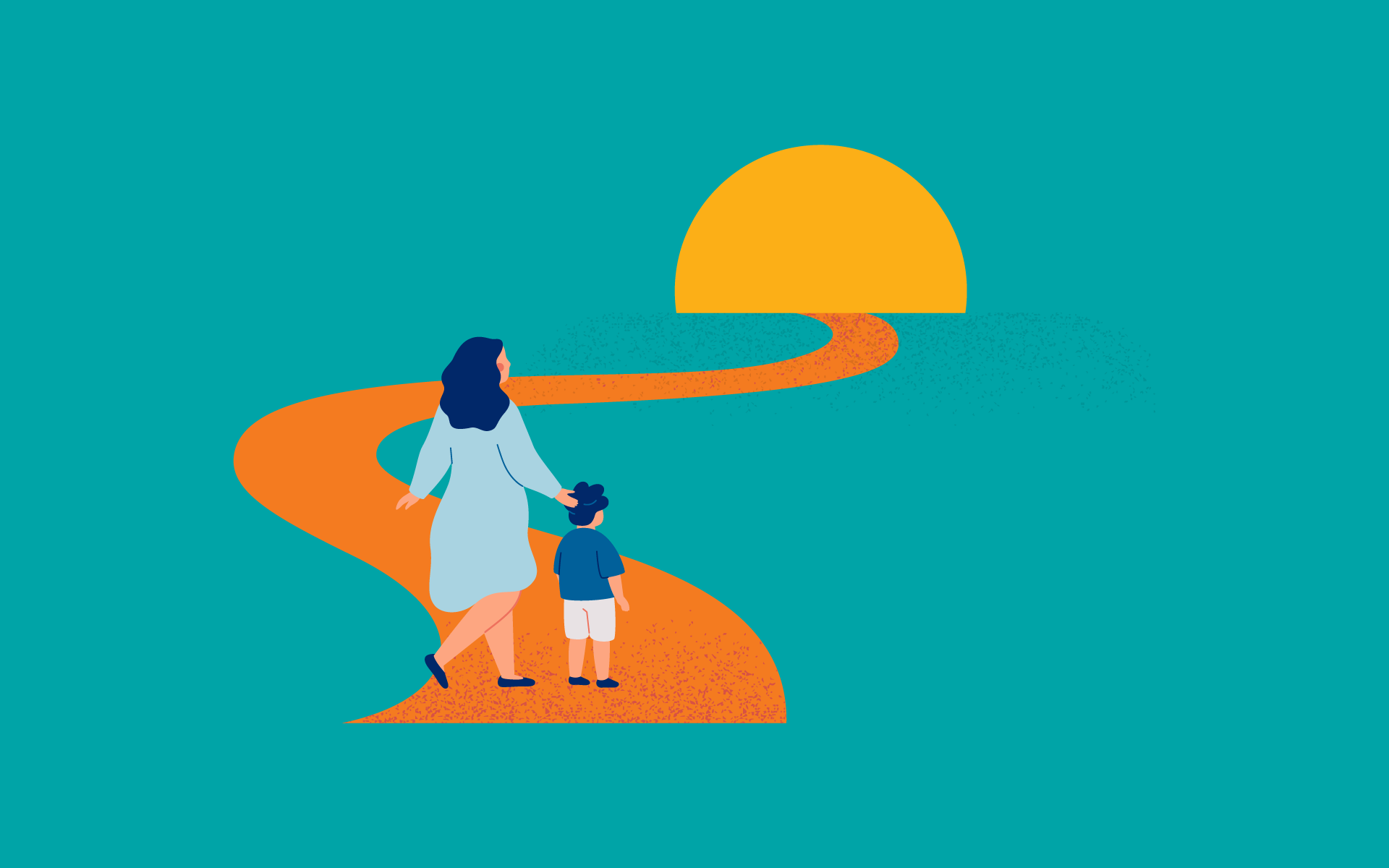If I knew then what I know now, what would I have done differently? I guess we all ask ourselves this question.
I’ve thought about it a lot, especially when it comes to parenting my children. When my first son was born, I had no experience of parenting, and none of little boys, so the journey was an adventure.
I was excited, and keen to get to know this little person. But on whose terms? That was something I began to think about 11 years later.
When my son was in Grade 7, his teacher called me in for a meeting. He was performing well at school and wasn’t in any trouble, as far as I knew, so I was confused. But off I went.
The remedial teacher was there too, along with his class teacher. I tried to understand why we were meeting. Was there a concern with his marks? No. Did he need remedial classes? No. Was his bad handwriting really that bad?
I was no stranger to professional support for my son. He was a late walker who never crawled. An easy to care for, happy baby, but no core strength – so years of physio and occupational therapy followed.
His younger brother was diagnosed with ADHD when he was 5, so we had our firstborn assessed at the same time. It can be heritable, and their father had an ADHD diagnosis too.
My eldest was diagnosed with ADD, but he was coping. So why were we in a parent-teacher meeting?
I asked, of course, but all she said was “he hasn’t got many friends” and “I don’t think he’ll cope with high school”. This puzzled me. I didn’t have many friends at school; I was fine! He was passing – very well. He didn’t seem unhappy.
I was tired of labels. “ADHD”, “ADD”, “broken home”, “working mom”. All these categories we had been assigned to over the years felt like burdens, obstacles in the way of a normal life.
Why were having this meeting? What new problem was there to deal with? I wrote it off as an odd encounter and kept on keeping on.
Years passed. Neurodivergence became a part of everyone’s vocabulary. I started to see more and more signs of a real difference in the way my son approached the world.
What I didn’t see was any change in the way the world approached him. He was still socially isolated and didn’t really “click” with people. He was anxious about it.
I had, in the back of my mind, the same goals for him and for his happiness. He needed OT and physio to improve his strength so his handwriting would be better.
He needed meds so he could focus in school and deliver those great results. He needed therapy to cope with typical adolescent issues. He needed to get a great Matric, and study further. He needed to finish his degree and get a job.
My role as his mom, I thought, was to provide the support everyone told me he needed, wrapped up in love and encouragement. Together, by doing more, spending more, trying harder, believing in each other, he could be “normal” like everyone else. Right?
“Don’t you want what’s best for your child?” someone asked me once. I was offended. Didn’t we all want what was best? Wasn’t it obvious how hard I was trying to provide everything he needed?
The real question, the one I wish I had asked way back then, was “Who gets to decide what’s good for my child?” And harder even: “Is that person me?”
What I wish I had known was, it’s okay to throw out the rule-book. I didn’t need more examples of how ADHD people could overcome their differences and were some of the most creative and high-achieving humans ever. (Think Albert Einstein and Steve Jobs).
I didn’t need to spend every cent on support and therapies with the underlying goal of making him “as normal as possible”. No one ever said “as normal as possible” out loud, but that was what they meant.
What I wish I’d known is that my neurodivergent child was different to many other children, and would follow a different path to a different destination. I wish I had known that parenting neurodivergence is not about adding support, adding expenses, adding expectations and celebrating moments of “average” or “normal behaviour”.
I wish I’d known that neurodivergence was a golden thread running through every aspect of who he was. It would help him be exceptional in other ways to those I believed were necessary and important.
I would have saved some money/energy/effort that went into helping him catch up, and rather invested it in things that helped him to be more himself.
I’d have supported him to find his joy, above all else. To stop comparing and start being. I wish I’d known that it’s more than okay to be different. In fact, it’s wonderful.

Leave a Reply